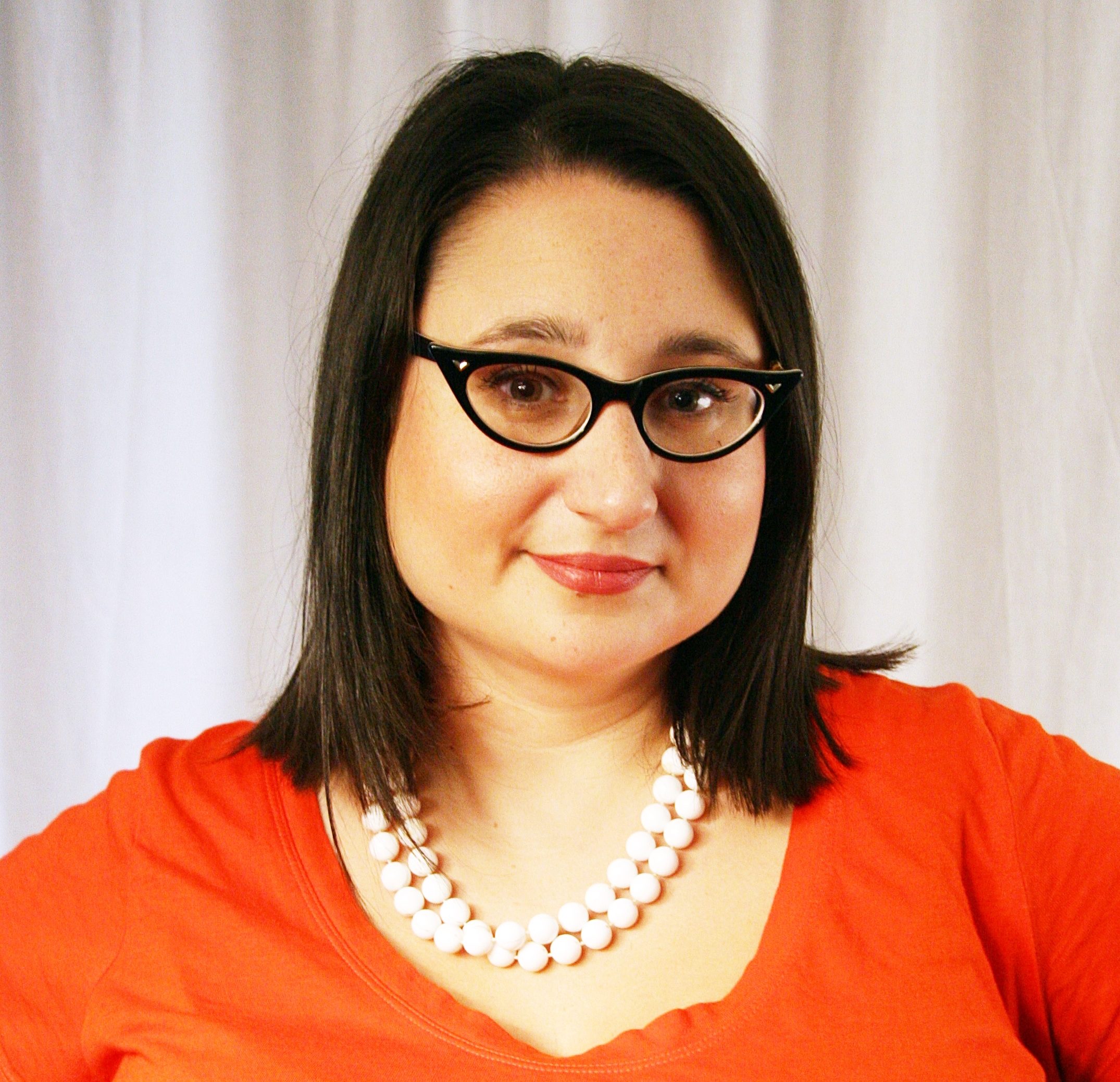We all have days that are more productive than others, but there are some people who seem like they’re in the zone all the time. What’s their secret? Two scientists at M.I.T. wondered the same thing, and, using the results of a survey they conducted in conjunction with the Harvard Business Review last year, they’ve narrowed it down to three habits.
Before we get to those, let’s take a look at that survey. According to Robert C. Pozen, Ph.D. and Kevin Downey — the authors of the survey and subsequent HBR article — the aim of the survey was to help professionals assess their own personal productivity — meaning, the habits they associated with accomplishing more each day. It focused on seven habits: developing daily routines, planning your schedule, coping with messages, getting a lot done, running effective meetings, honing communication skills, and delegating tasks to others.
The nearly 20,000 respondents from six continents completed a self-assessment of their productivity — rather than measuring it objectively — which the authors concede is a limitation. Even so, this is still a significant sample size that yielded some interesting results.
According to the authors, three general patterns stood out. First, productivity is associated with working smarter — not longer hours. Second, the older and more senior the respondents were, the more productive they were as well. Finally, overall productivity among men and women was the same, although there were some gender differences on particular habits. For example, women scored better on holding effective meetings (Oprah knows a thing or two about this!), while men fared better when it came to dealing with large amounts of email.
So what can we learn from this survey? After analyzing the results, the authors distilled the findings to these three takeaways:
Prioritize, then work with a specific objective
A successful day starts the night before: The authors of the study suggest revising your daily schedule in the evening to emphasize your priorities for the next day. Then, in your calendar, write down specific objectives for each appointment. Similarly, if you’re holding a meeting, send a detailed agenda to the participants ahead of time, and if you’re starting a big project, identify any preliminary conclusions as soon as possible.
The prioritization also extends to everything you read and write. Before committing to read something, identify the specific purpose it serves. Before writing anything of length, the authors say, create an outline with a logical order so you stay on track.
Develop strategies for dealing with information overload
This one is all about being as efficient as possible, starting with creating daily routines — like what you’re going to wear or eat for breakfast — so you don’t need to waste time or energy thinking about them. When you do have larger projects come up in your day, break them into pieces, get the quickest tasks out of your way first, and reward yourself as you complete the rest of the different tasks. And, whenever possible, delegate tasks to others that deviate from your top priorities.
Communicate with your colleagues clearly and mindfully
Make meetings more effective by limiting them to a maximum of 90 minutes, and end by specifying the next steps and who is responsible for each. In addition, any team projects should have clear objectives and success metrics. If something does go wrong, implement procedures to prevent future mistakes, rather than pointing fingers.
Finally, keep your communication deliberate and concise. If you receive a message from someone important to you, respond right away. If you are giving a presentation, rely on a few notes, instead of reading word-for-word off the page.
Follow us here and subscribe here for all the latest news on how you can keep Thriving.
Stay up to date or catch-up on all our podcasts with Arianna Huffington here.


